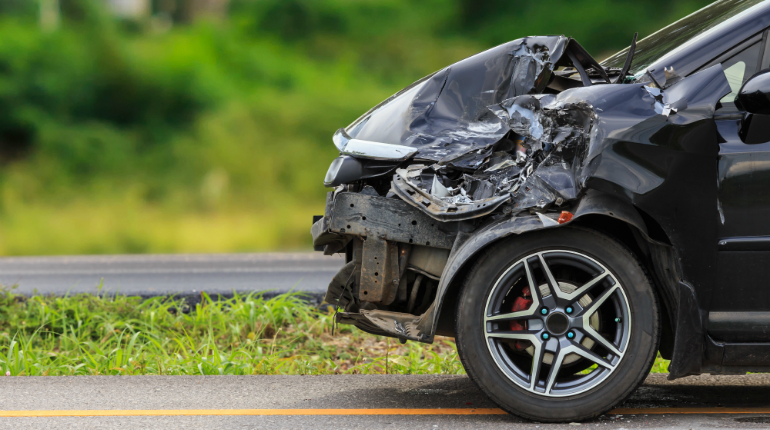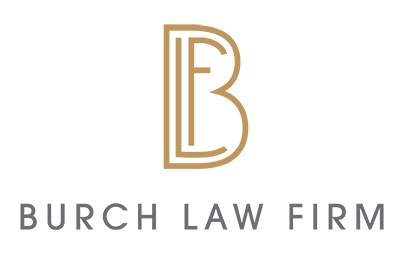One of the most frustrating things after a car accident is resolving your property damage claim. In order to help your claim move forward smoothly, here are some tips to help you handle your vehicle’s damage after your car accident.

Notify Your Insurance
Notify your insurance company about the accident, even if it is not your fault. The other driver’s insurance company may reach out to them, and it is better if your insurance company hears about the accident from you first.
Claim It From Storage As Soon As Possible
If your vehicle was towed to storage, claim it as soon as possible so that you will not have to pay a storage fee.
If You Have Full–Coverage Insurance (Collision and Property Coverage)
Call your insurance company and request that they come look at your vehicle, appraise the damage and pay you for your loss. If your insurance company tells you to call the other driver’s insurance company, explain that you have a claim against the other driver, but you want them to look at your car and pay you for your damage or replacement. Call us or your attorney if you encounter any problems.
If You DO NOT Have Full–Coverage Insurance
The things you do and say must be carefully considered after a car accident. The best thing you can do to protect yourself is to tell them to speak to your attorney and then hang up. However, if you are dealing with the insurance adjuster directly, limit your conversation to discussing property damage ONLY. The insurance adjuster may ask you to make a recorded statement and get you to say something that may damage your claim. DO NOT GIVE THEM A STATEMENT. If they are not helpful or ask for more information than the damage to your vehicle, call us and we will help you with this matter.
If Your Vehicle Is Totaled
The other driver’s insurance company is required to return your vehicle in the condition it was in before the accident, OR they will pay you up to the CURRENT VALUE of the vehicle. They will not pay off your loan if the loan is more than the current value of the vehicle. Usually, the insurance company will send the check to the lienholder if there is one for your vehicle. The insurance company will use the Blue Book value and other auto price guides to assess the current value of your vehicle.
Rental Or Loss of Use
The insurance company will pay rental costs, or a portion thereof. You may have to pay the difference. If you do not get a rental car, you are still entitled to loss of use. Limits on loss of use (for companies that do not provide rental coverage) is stated in the other driver’s policy. The insurance company will only pay what is permitted by the policy.
Initial consultations with Burch Law Firm are free. Whether you have a personal injury claim, a workers’ compensation claim, or even a wills and estate issue, we are here to help you. If your legal needs are not something we can handle, we will refer you to someone who can.
